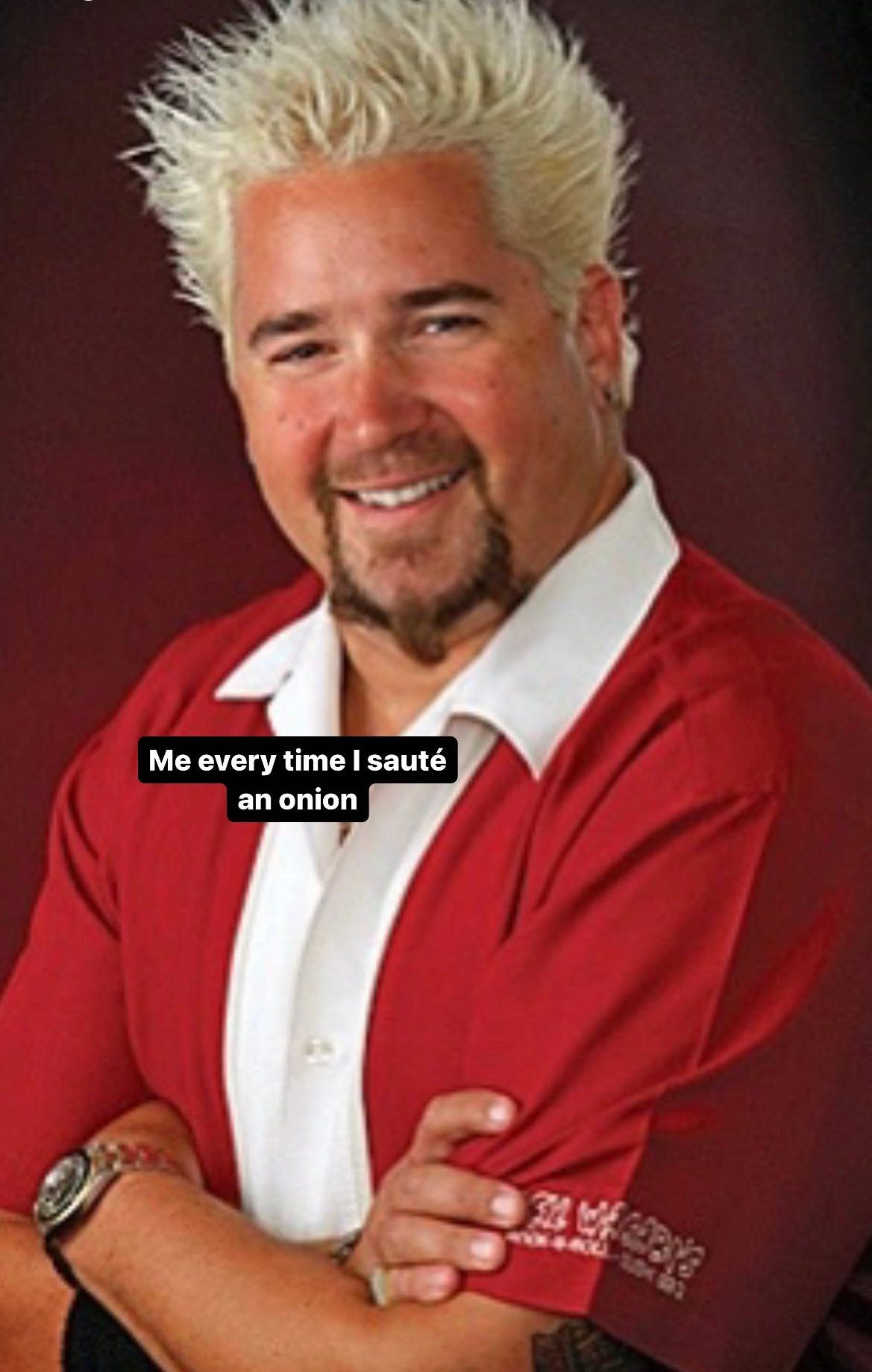The restaurant industry never really fascinated me.
But then - I read all of Anthony Bourdain’s books, and everything changed.
Most restaurants fail. And most restaurants fail because most people don’t start a restaurant to a start a business.
They start it for the glamour - not for the fixed costs - which, YES, restaurants have a lot of. (Especially compared to businesses today that live on the Internet and aren’t responsible for things like rent, utilities, alcohol licenses, salaries).
Become a specialist!
Develop processes, best practices, order.
At the granular level, having “process” is called mise en place.
According to Anthony Bourdain -
Mise-en-place is the religion of all good line cooks. Do not fuck with a cook’s ‘meez’ - meaning their set-up, their carefully arranged supplies of sea salt, rough cracked pepper, softened butter, cooking oil, wine, back-ups and so on. As a cook, your station, and its condition, is an extension of your central nervous system.
I think a lot about faster, better, cheaper. These are the outputs achieved by the input mise-en-place.
What would Anthony think about TikTok?
(He would hate it).
What would Anthony think about influencers?
(He would hate them).
Normally, I’m not a fan of people who try to bring other people down. But Anthony Bourdain isn’t an asshole. He’s just funny. And you need to know the difference.
Technology is changing the way we eat.
Instagram made us obsessed with avocado toast and brunch spots. TikTok made us obsessed with vodka sauce and Carbone and pasta out of Parmesan wheels.
Social media has a lot of downsides, but it’s also democratized the way we go to market. Things are so much more scalable today than they were pre-Internet.
80% of restaurants fail.
And technology is the reason why restaurants like Carbone probably won’t fail.
So why do most people start restaurants to begin with?
The easy answer, of course, is ego. The classic example is the retired dentist who was always told he threw a great dinner party. ‘You should open a restaurant,’ his friends tell him. And our dentist believes them. He wants to get in the business - not to make money, not really - but to swan about the dining room signing dinner checks like Rick in Casablanca.
And he’ll have plenty of chance to sign dinner checks - when the deadbeat friends who told him what a success he’d be in the restaurant business keep coming by looking for freebies. All these original geniuses will be more than happy to clog up the bar, sucking down free drinks, taking credit for this bold venture - until the place starts running into trouble, at which point they de-materialize, shaking their heads at their foolish dentist who just didn’t seem up to the job.
The most dangerous species owner is the one who gets into the business for love. Love for the regional cuisine of rural Mexico (and it’ll be authentic, too! No frozen margaritas), love of eighteenth century French antiques (I need a restaurant so people can see them, see what good taste I have!), love for that great Bogie film they have all that memorabilia from...
Inarguably, a successful restaurant demands that you live on the premises for the first few years, working seventeen-hour days, with involvement in every aspect of the complicated, cruel, and very fickle trade. You must be fluent in not only Spanish, but the intricacies of health codes, tax law, fire department regulations, environmental protection laws, building code, occupational safety, fair hiring practices, zoning, insurance, liquor licenses, and the netherworld of trash removal, linen, grease disposal.
Of course, there are many, many operators who do well in the restaurant business, who know what they’re doing. They know from the get-go what they want, what they are capable of doing well, and exactly how much it’s going to cost them at the outset. Most importantly, they have a fixed idea of how long they’re willing to lose money before they pull the plug.
I know this post is a bit chaotic, but mise-en-place is all about process.
More than any other industry, restaurants are about experience.
You go there for prom, first dates, Father’s Day. They’re literally the reason why we choose to live in cities with big rents and tiny spaces.
It’s hard to do them right but possible with process.
Okay.
I love the Hillstone restaurants almost as much as I love process.
There are 48 Hillstones (Honor Bar, R+D Kitchen, Houston’s), and they are standardized to a tee (total number of tables in every Hillstone is divisible by three so every waiter can serve exactly three tables).
Anthony Bourdain was a great chef and an even better writer.
If I had to choose one of his 13 books, it would definitely be Kitchen Confidential (TBH I’ve only read 3 and know nothing about the other 10).
Disclaimer***
That ginormous quote from a couple paragraphs up was taken from like 80 different pages of Kitchen Confidential, so it might have misrepresented what Anthony was trying to say, and I definitely didn’t use “Chicago style” or whatever they called it in high school.
And that’s the skinny.




Love the insight into what makes a restaurant successful!